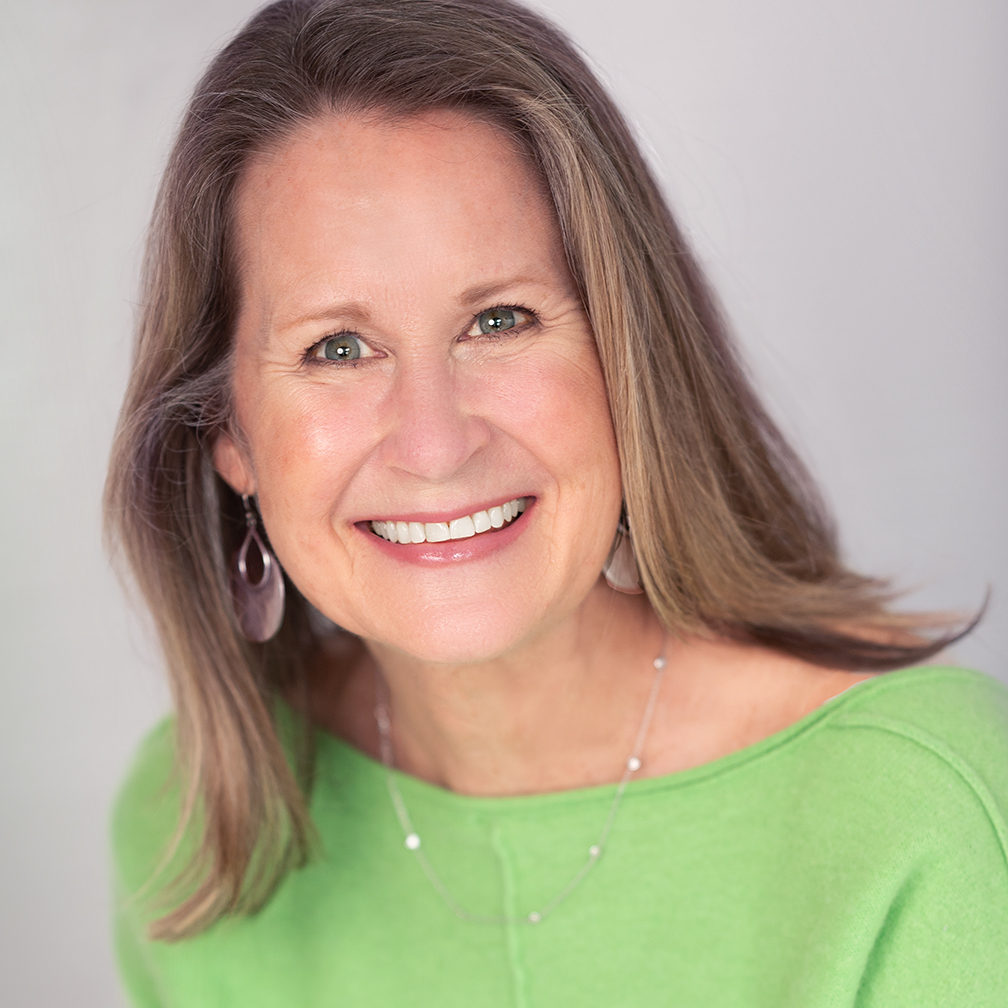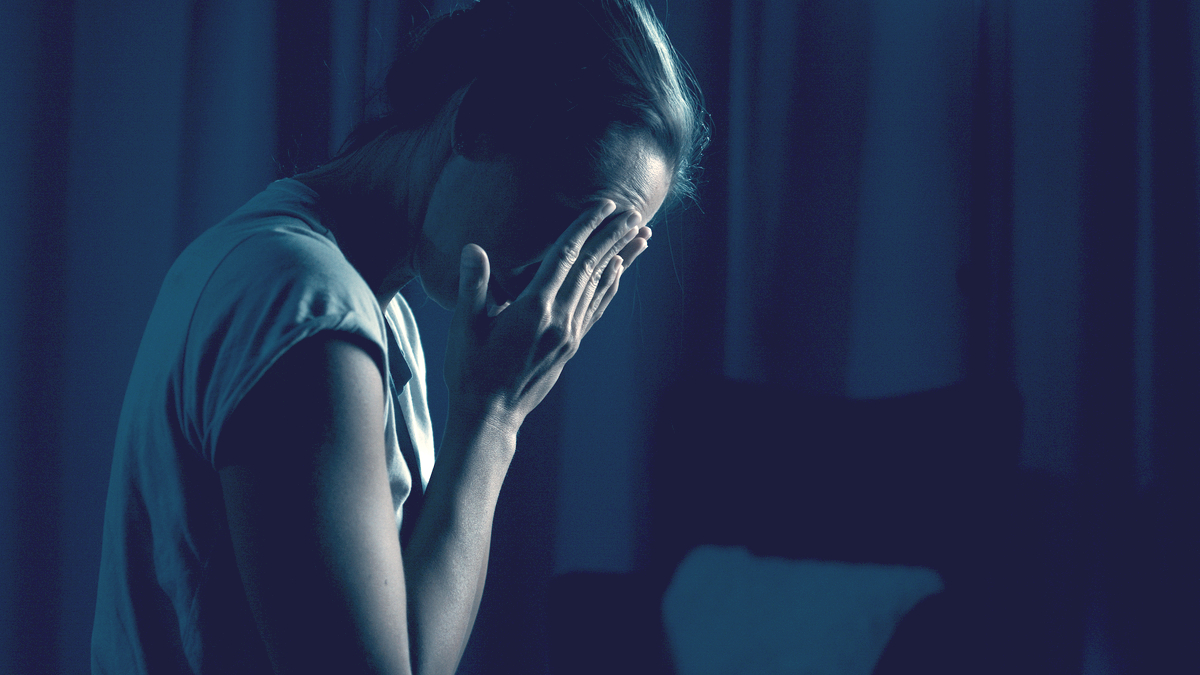After toiling away at my office desk for over 11 hours, I finally succumbed to fatigue. I’d had a bad day where I’d made (or discovered I’d made) a number of mistakes. I walked down the hall—my commute home—like an old woman.
My husband was snuggled up in a chair in the living room glued to the 2022 Winter Olympics. On the TV, I saw Mikaela Shiffrin tip her skis out of the starting gate and onto the slalom course. Within seconds she missed the fourth and fifth turns and skied out of the competition. It was painful to witness. I stood watching as she sat down in the snow and lowered her head into her hands. I could only imagine what she was thinking, the pain she was feeling. Failure.
Her public failure dwarfed my private and internal sense of failure from the day. Hers was breathtaking. In that moment, I wished I could have wrapped my arms around her and told her it would all turn out somehow. Told her not to be hard on herself. Not to think this was the end. That there would be bright days again and she would make peace with the events that happened in Beijing.
Instead, I offered the counsel to myself: “It’s not the end of the world. I can be compassionate to myself amid all of this.”
I’m working on kindness and self-compassion in the face of failure.
Failure is at least a little uncomfortable for all of us, and that’s because it brings up feelings that we typically try to avoid in life. In his article Teaching Smart People How to Learn, Chris Argyris says there are four things we try to avoid when experiencing a failure: embarrassment, threat, feeling vulnerable and feeling incompetent.
But the reality is, we are in the midst of a collective, global ordeal. Things are changing and changing fast. Technology has and will continue to impact the very essence of the way we work. The Great Resignation has people asking if their job is the right fit for them. Work from home and work from anywhere seems like it is here to stay, for the near future at least. And the ongoing pandemic continues to cause personal and organizational starts and stops that we simply aren’t prepared for.
And then there are the personal tragedies that take us off course—like the sudden death of Mikaela’s father two years ago. She lost her father so young. And his impact on her life, as both a skier and a daughter, was outsized. Matthew Futterman writes in the New York Times that her father, a competitive skier in college, “had long served as a calming and irreverent presence for Shiffrin, one step removed from her harried life on the World Cup circuit.”
It makes sense to me that she would have lost her footing in life. Losing a parent affects every part of us. I lost my father to an accident twenty years ago this week.
Here’s the truth: We are all in deep water now. Life is new and unfamiliar for many of us. We are finding our way. And it’s so hard to be a beginner, to be a learner. But none of us are seasoned in this reality we find ourselves in, which means failure is a lot more likely.
Perhaps we can find grace and space and kindness for ourselves in the midst of all of this. Maybe we can practice self-compassion and let the driving and proving and performing go for just a bit.
Fortunately, the sting of failure does recede, and we move forward, one step at a time.


